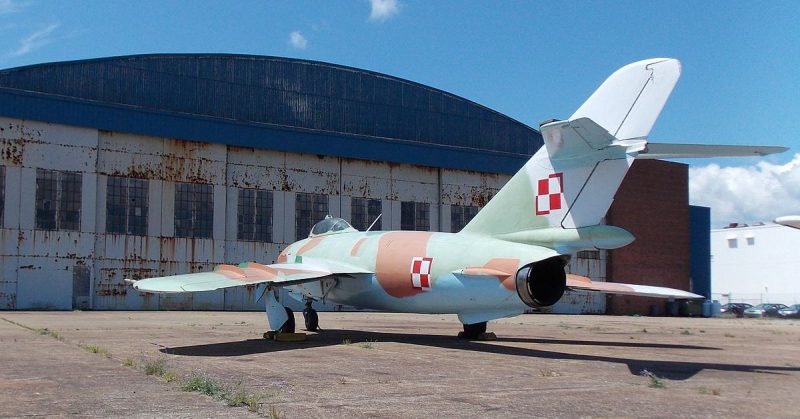Quonset Air Museum once put the country’s most famous military aircraft on exhibit. Now, John Kane, president of the museum, has officially confirmed that the museum is permanently closing. The announcement was made on the 75th anniversary of Japan’s attack on Pearl Harbor, December 7, 2016.
Officials of the museum made the decision in August after they failed to obtain the needed funding to remain open.
Quonset Air Museum was established in 1992 by Bruce Sundlun who was governor at the time. Its purpose was to work to preserve the state’s aviation heritage. Among the aircraft on display were the TB Avenger that had been flown by former US President Bush Snr. in World War II and the F-14 Tomcat used as a camera plane when filming the movie “Top Gun.”
The museum had been a major attraction at the Quonset Air Show. “Last year, we were the air show,” said Kane. “We supplied all of the displays…. Now we won’t be there.”
In March of 2014, a portion of the museum’s roof collapsed under heavy snow and ice. None of the museum’s displays or archives was damaged, but the building was declared unsafe by the Rhode Island Airport Corporation. The museum had been closed to the public since July 2014.
Kane worked with state lawmakers to try and prevent the closure of the museum. In January, they had plans to build a 68,000-square-foot facility for $3.5 million. In April, they were looking to purchase a vacant lot on the opposite end of the runway from the current building, they ended up unable to complete that deal.
The state congress entertained a bill that would provide $4 million to the museum. But that bill was held over for further study and never acted on by congress. Investors were lined up to invest in the museum, but they wanted assurances that the state would be supportive. When they failed to act on their bill, investors backed out, The Independent reported.
The RIAC released a statement that expressed sadness that the museum was closing down.
